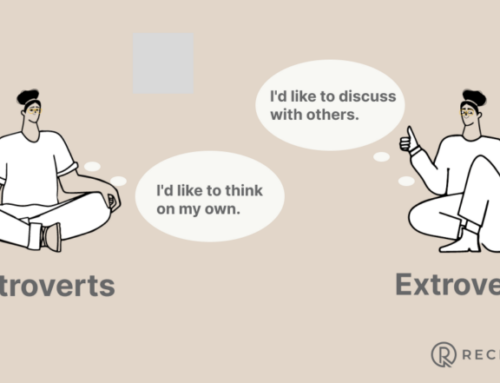Incivility at work
Work incivility, are far more common than we might think. Indeed, 75% of all workers experience work incivility on regular basis.
Incivility at work is when someone in word or deed humiliates or treat someone in a way that can be perceived as offensive.
Behaviors that one might think would decrease over the years.. However, that is not the case.
According to the Ten Spot, a survey published by the employee engagement platform in May 2021, negative job situations are more frequent than ever. Nearly 70% of the survey participants said they had experienced some form of discrimination or abusive behavior at work. This average rises to 86% for the youngest generation of workers, Generation Z.
Legal obligations
Employers facing situations of incivility in the workplace have obligations.
The law states that if incivility at work occurs, there must be clear routines regarding what happens to the information and the case will be handled. These routines can be found in AFS 2015:4 or in the Discrimination Act (SFS 2008:567).

Proceedings for abusive discrimination
It is also important to remember that other factors can play a role in the handing incivility at work. For exemple, the Work Environment Act (SFS 1977:1160) and the Systematic Work Environment Managementprovision (AFS 2001:1) deal with the required routines that exist around work environment. This means the employer must prevent or eliminate risks, promote healthy work routines, and have a clearly structured work environment where measures are documented systematically and the efforts are followed up.
Prevention
While interventions are needed and required when incivility occurs, the law clearly state that we should not wait for situations to get out of hand before acting, but instead act preventively.
Companies should work actively to prevent abusive discrimination, meaning prevention should be part of the daily work. The company must invest in creating a good working environment that is characterized by e.g. good communication, and a forgiving and supportive culture.
This preventive work can start with very simple things like setting boundaries, acting as a good example, start discussions in time before letting things fester, and continuously provide employees with the necessary information, especially when conflicts arise or when cases of incivility are discovered.
Only when you actively work with all parts of the working environment, prevent risks and create healthy routines, does the working group have the conditions to be able to cope with difficult times and become a strong and resilient team!







